
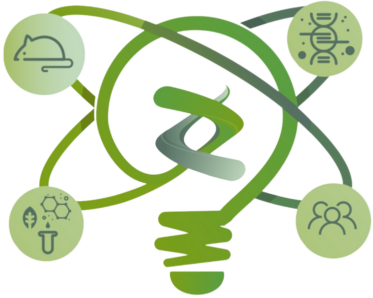
LX Congresso Anual da SBFis
XVI Congresso da SBBN
XXIII Reunião Anual da BRAVO
Inovações e Desafios nas Ciências Biomédicas: Novos Horizontes em Política Científica e Tecnológica
8 a 11 de Julho de 2025
Universidade Estadual de Campinas (UNICAMP), Campinas/SP
A Federação de Sociedades de Biologia Experimental (FeSBE) convida para o XXXIX Encontro Anual, que acontecerá de 8 a 11 de julho de 2025 no campus da UNICAMP. Este evento, um dos mais tradicionais da ciência brasileira, reúne 25 sociedades federadas e mais de 10 mil cientistas de todo o Brasil. A FeSBE é reconhecida por sua contribuição significativa à ciência nacional.
O evento é marcado por uma programação diversificada, abordando temas gerais e específicos, além de ser um importante espaço para networking e colaboração científica. Participar do encontro promove a troca de ideias e a inovação, além de ser fundamental para a formação de estudantes de diversas áreas da ciência.
O Encontro de 2025 promete ser um marco na trajetória científica, e todos estão convidados a contribuir para o avanço da ciência no país.
Submeta o seu resumo para o XXXIX Reunião Anual da Federação de Sociedades de Biologia Experimental, que acontecerá entre os dias 8 e 11 de julho de 2025.
1Abrangência nacional e interdisciplinar com os temas mais atuais em Biologia Experimental.
3VII Prêmio Educação em Ciências é uma iniciativa da Comissão de Ensino da Federação das Sociedades de Biologia Experimental (FeSBE).
2Patrocine a XXXIX Reunião Anual da FeSBE. Entre em contato e saiba mais.
4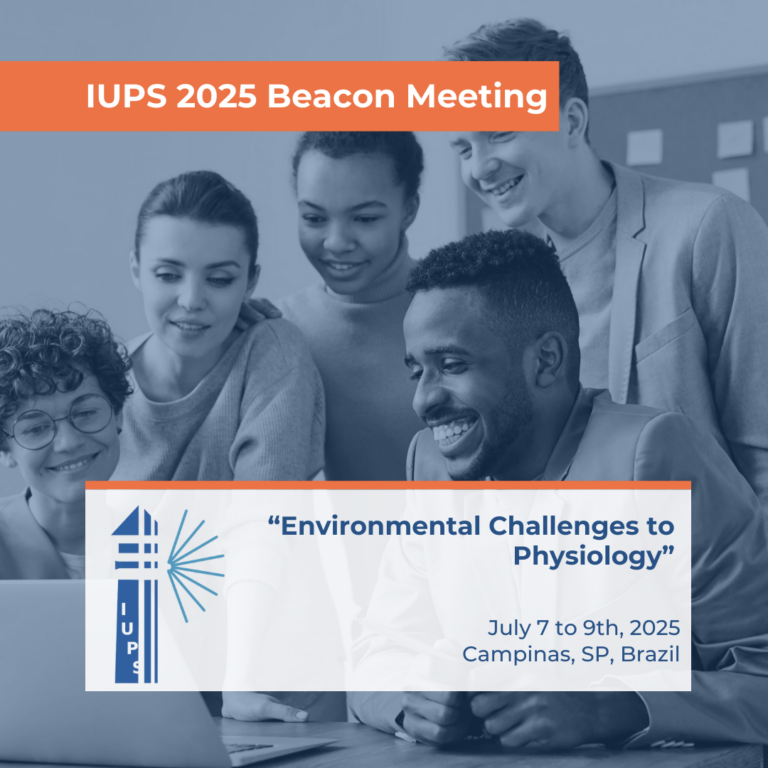
University of Texas at Austin Austin, Texas, United States
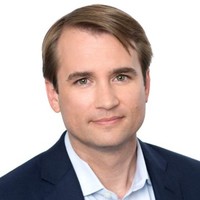
Experience The University of Texas at Austin, 14 years 6 months Professor September 2021 - Present (3 years 4 months) Associate Professor September 2015 - September 2021 (6 years 1 month) Assistant Professor July 2010 - September 2015 (5 years 3 months) MIT Postdoctoral Associate June 2006 - June 2010 (4 years 1 month) Education Massachusetts Institute of Technology PhD, Biomedical Engineering · (2000 - 2006) University of Washington BSE/MSE, Bioengineering · (1994 - 1999)
Harvard Society of Fellows
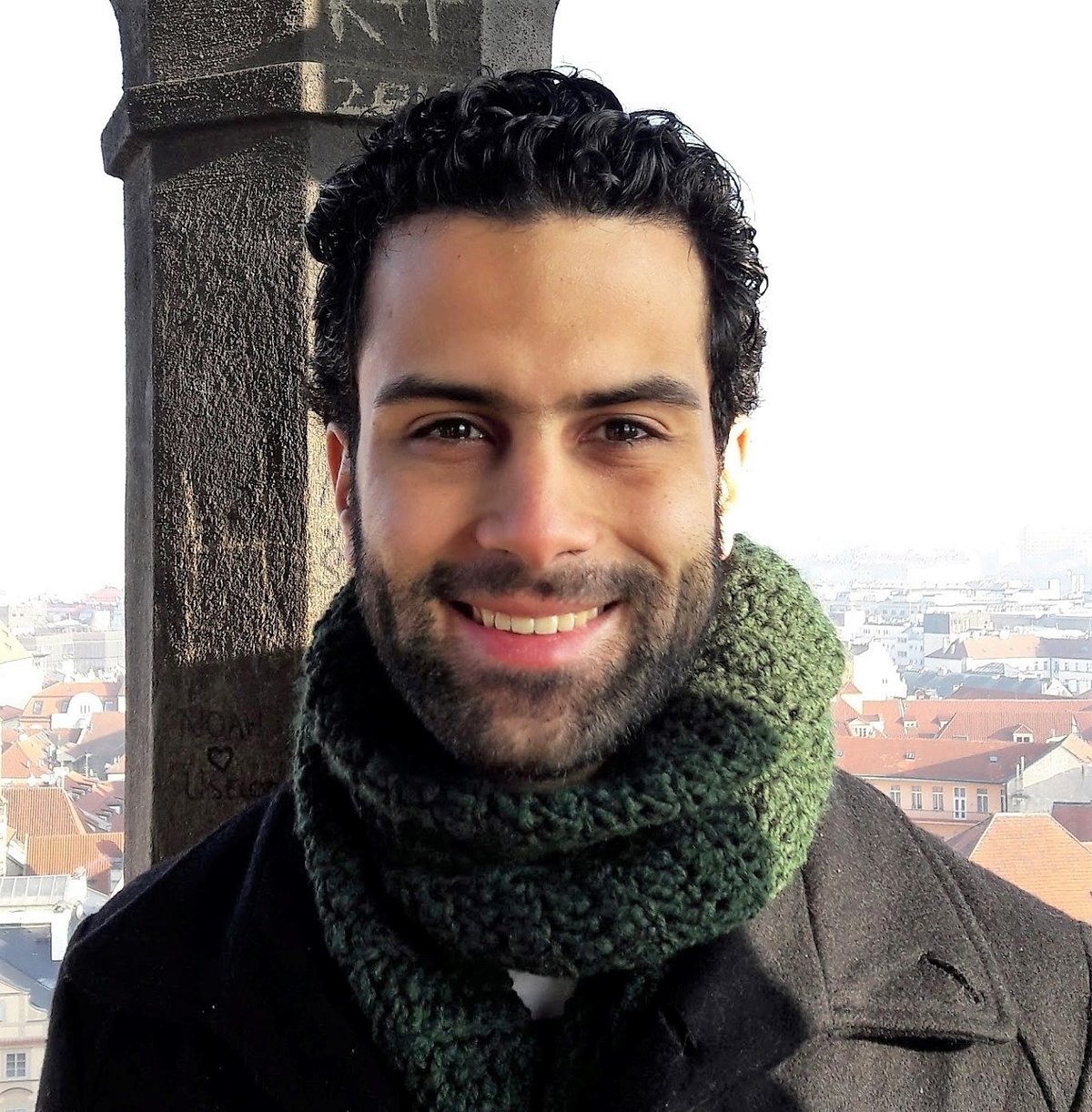
El-Brolosy obtained his Ph.D. from the Max Planck institute for Heart and Lung research in Bad Nauheim, Germany at the lab of Didier Stainier. Prior to that, he studied Pharmacy and Biotechnology at the German University in Cairo, Egypt for his Bachelors degree, and Molecular Biology at the International Max Planck Research School for his Master’s degree in Göttingen, Germany. El-Brolosy's research focuses on understanding how cells and organisms adapt to mutations. He is particularly interested in the phenomenon of genetic compensation. Mutations can lead to increased expression of functionally related genes that can compensate the mutated gene’s function. While this phenomenon is extremely beneficial for an organism to avoid developing defects, it complicates understanding gene function by scientists. During his Ph.D., he investigated the molecular mechanisms underlying genetic compensation and uncovered a novel role for mutant mRNA degradation in triggering the response, a study that was published early 2019 (El-Brolosy et al., Nature, 2019). The findings shall help scientists better design mutant animals to study gene function and have huge implications on our understanding of disease causing mutations. A public-digest summary of the study can be found here.
Professor at Facultad de Medicina, Universidad de Chile
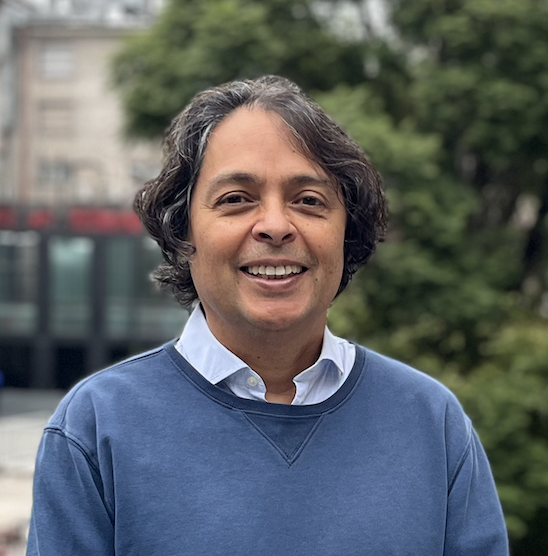
Dr. Luis Michea is Associate Professor at Facultad de Medicina, Universidad de Chile, Principal Investigator of the Institute of Biomedical Sciences at Facultad de Medicina. Dr. Michea received his MD degree from the Facultad de Medicina (Faculty of Medicine) of the Universidad de Chile and his PhD in Biomedical Sciences of Facultad de Medicina, Universidad de Chile. He completed his post-doctoral training with Dr. Maurice Burg, at the Laboratory of Kidney and Electrolyte Metabolism at the National Institutes of Health, Bethesda. At the present, the focus of Dr Michea’s research is on the role of immune cells in hypertension and hypertension target organ damage and the diagnosis of acute kidney injury using new biomarkers, along with mechanisms of treatment of AKI. He has an active role as an undergraduate and postgraduate professor for medical students, nephrologists, and undergraduate students of other healthcare professions. He has developed institutional academic duties as Research Director and as Academic Director of Facultad de Medicina, Universidad de Chile. He has developed an active role in the Chilean National Science Funding System as a member of study groups (Biology and Medicine) and as Study Group member, Study Group Coordinator, and National Council member. He is an active member of several national and international scientific societies in the area of physiology, hypertension, and nephrology. He has served as the President of the Chilean Society of Hypertension, Director of Research and Academic Director, Facultad de Medicina, Universidad de Chile. He has been an academic consultant and collaborator of the Chilean Ministry of Health (MINSAL) in the design of clinical guidelines for the treatment of patients with hypertension and for the treatment of patients with chronic renal failure. He has been an academic consultant and collaborator of the HEARTS initiative in Chile since 2016. He has received awards and recognition from the Chilean Society of Nephrology, Hypertension and Transplantation, from the Chilean Society of Nephrology and from the Chilean Society of Cardiology.
Lebenslauf, Veröffentlichungen und Auszeichnungen
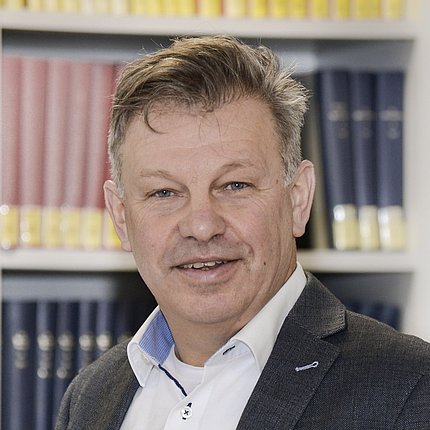
Friedrich-Alexander-Universität Erlangen-Nürnberg: Erlangen, DE 2006-01 to 2015 | Prof. of Experimental Ophthalmology (Ophthalmology) Employment Source: Jan Kremers Novartis Institutes for BioMedical Research: Basel, CH 2003-07 to 2005-12 | Lab Head (Ophthalmology) Employment Source: Jan Kremers
School of Biological Sciences, University of Essex
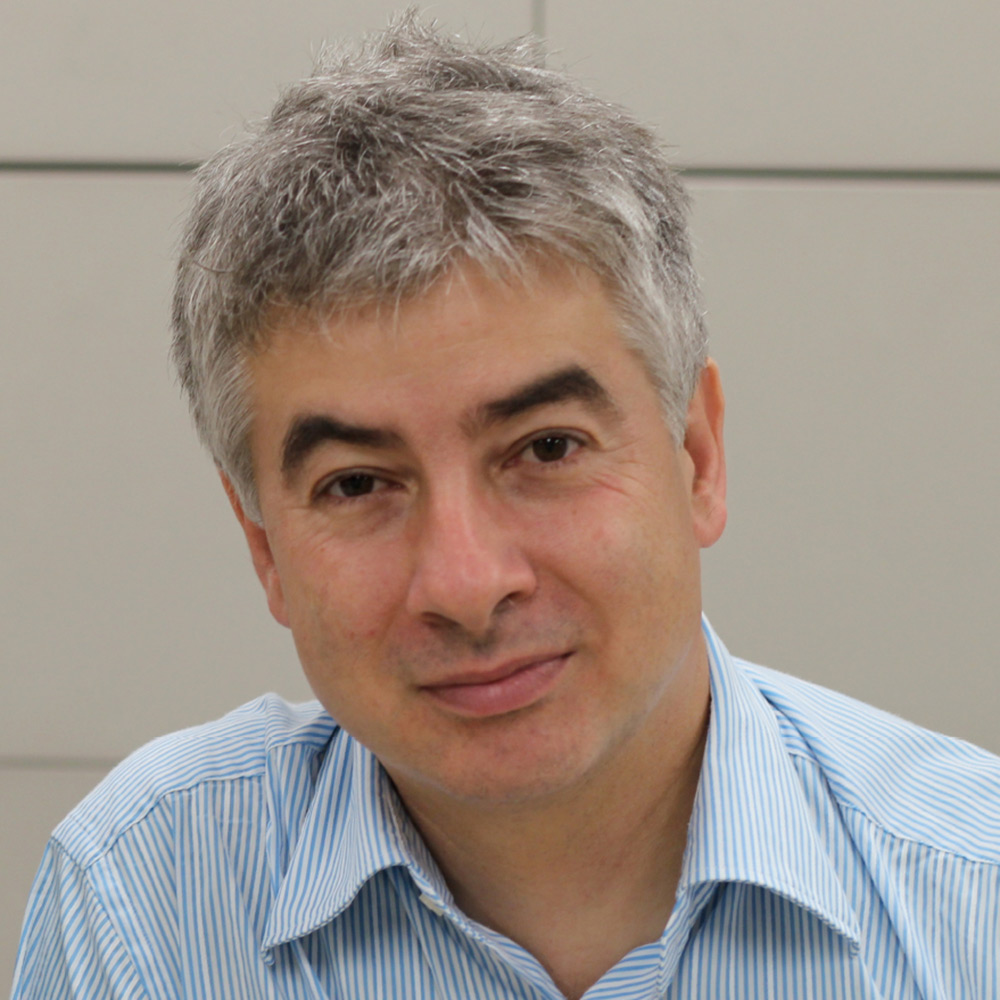
Patrick Varga-Weisz, Ph.D. is a lecturer at the School of Biological Sciences, University of Essex and a visiting scientist at Babraham Institute, Cambridge, UK He was born in Neustadt and der Weinstrasse, Southwest Germany, a town not far from Heidelberg and the French border. He did his undergraduate degree at the University of Tübingen (1983-1986) in biochemistry and his Ph.D. in “Biochemistry and Biophysics” at Oregon State University, USA. Patrick then joined the laboratory of Ken van Holde, also at OSU and this brought him into the chromatin field. He continued his studies of chromatin at the European Molecular Biology Laboratory (EMBL, Heidelberg) where he discovered fundamental mechanisms of chromatin remodelling. Patrick became a group leader at the Marie Curie Research Institute, Surrey, UK in 1997 and the Babraham Institute, Cambridge, from 2004-2017. In these institutes, he contributed to our understanding of fundamental mechanisms of chromatin dynamics, gene regulation and epigenetic inheritance. He joined the University of Essex in January 2018 while remaining visiting scientist at Babraham Institute. In his recent research, Patrick studies how the epigenome is affected by aging and he explore how chromatin dynamics shape host-microbiome interactions in the gut. I obtained funding from the BBSRC, MRC, Royal Society, EU and other funders.
REUNIÃO ANUAL DA FeSBE
Cientistas, profissionais e estudantes das diferentes áreas da ciência, não percam a oportunidade de trocar informações, assistir a palestras, cursos, workshops e apresentações dos principais renomes nacionais e internacionais.
08 a 11 de julho de 2025
Universidade Estadual de Campinas (UNICAMP), Campinas/SP